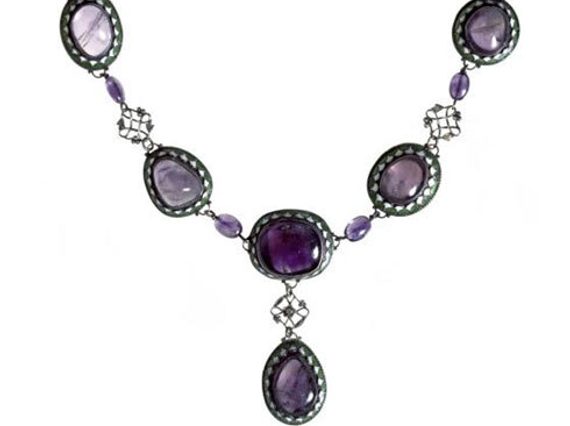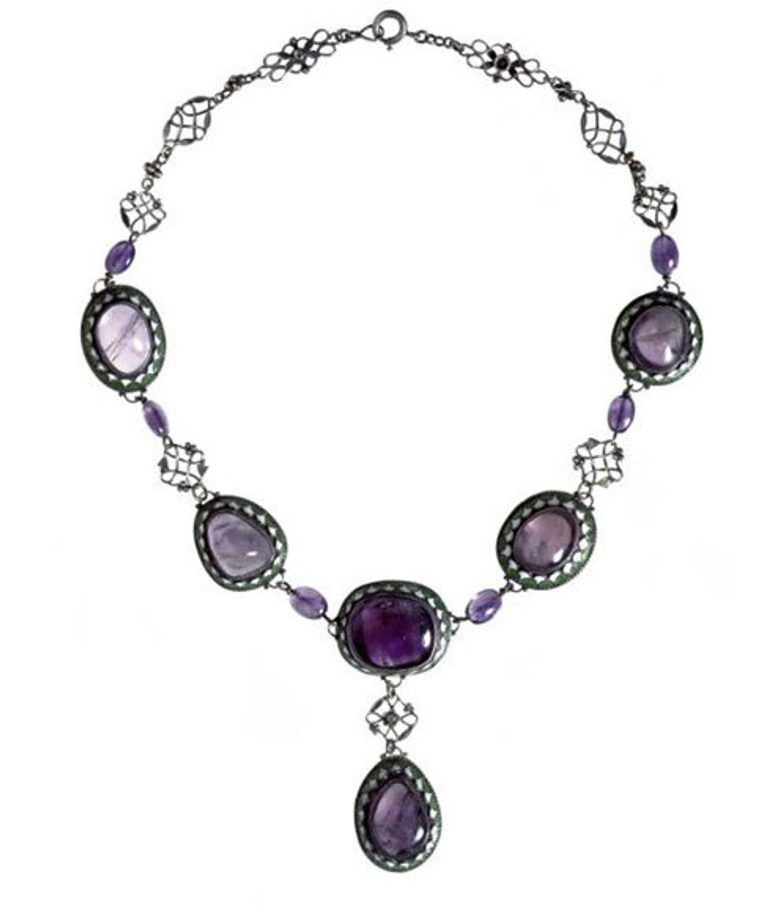
The Material Culture of Mass Politics in Scotland, c. 1815 - c. 1914
Last updated: 8 February 2022
About the research
By the end of the 18th century, politically active individuals (both radical and loyalist) were well experienced in the use of materials as a means of communicating, expressing and imposing their ideologies. Such experience was not lost in the mass political action of the 19th century. The many movements which made up a century of almost relentless political agitation made good use of a widely varied arsenal of objects. Flags and banners were borne through lively processions by bodies of uniformed tradesmen, who often chose to decorate themselves with political medallions. Live demonstrations of the workplace were carted through these processions, showing men and women working at forges and spinning frames. Mass production also meant the creation of materials for less public use. Ceramic figurines, plates, cups, jugs were all emblazoned with political symbolism and sold for display within the home.
Previous research on the political movements of the 19th century has tended to focus largely on textual sources, which, while useful, are mostly reflections of the ideologies of these movements' leaders. This project will instead examine these objects and the contexts for their use in order to gain access to the individuals who utilised them. In doing so, the ideologies, motivations and beliefs of the rank and file of mass political movements can be centralised and a more complete understanding of the nature of these movements revealed.

- Project title
The Material Culture of Mass Politics in Scotland, c. 1815 - c. 1914
- Student
Sonny Angus
- Project active
2017 - 2022
- Funder
AHRC Scottish Cultural Heritage Consortium (SCHC) – Collaborative Doctoral Partnership
- University of Edinburgh Supervisor
Prof Gordon Pentland - School of History, Classics and Archaeology
- National Museums Scotland Supervisor
David Forsyth - Scottish History & Archaeology
- Research theme
Scotland's Material Heritage